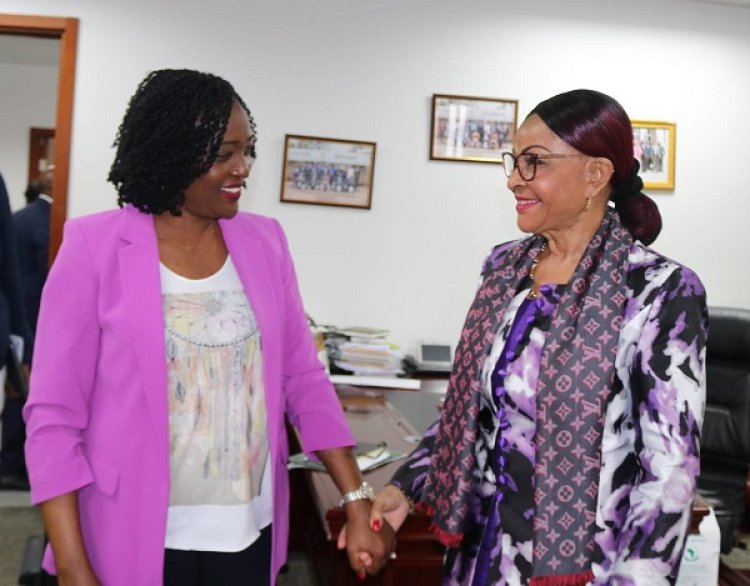Leaders of five African countries will not attend the incoming US-Africa Leaders summit scheduled between 13-15 December after the Joe Biden administration took issue with their style of governance, or holds strained bilateral diplomatic relations.
Washington confirmed that 49 African Heads of State were invited for the much awaited three-day meet with their American counterpart to be held for the first time since 2014.
Joe Biden is moving to revive ties with the African nations, joining global powers such as China, Japan, India, Europe and others which leveraged Trump administration’s disregard for Africa to deepen their influence. The countries have held regular summits of similar nature with African leaders.
Not invited
However, the US did not extend invitations to leaders of at least five African countries and territories such as Somaliland. US officials said the Biden administration doesn’t recognize the sovereignty of the latter.
The US also did not invite leaders of Eritrea with whom it holds strained relations for decades, alongside leaders of four other African countries that “are not in good standing with the Africa Union” namely Mali, Sudan, Guinea and Burkina Faso.
The continental body suspended the four countries from all its activities over military coups.
“So those countries will not be involved [in the summit], and we continue to work separately with those countries to encourage a return to a democratic transition, to move to a democratic track, so we’re in a better position to have a strong partnership,” Assistant Secretary of State for African Affairs Molly Phee, told journalists on Wednesday.
She was speaking at virtual press briefing, alongside Judd Devermont, Senior Director for African Affairs at National Security Council.
Those countries will not be involved [in the summit], and we continue to work separately with those countries to encourage a return to a democratic transition, to move to a democratic track, so we’re in a better position to have a strong partnership.
Molly Phee, Assistant Secretary of State for African Affairs
Also read: US-Africa summit: Biden likely to make major policy announcement to reset ties, officials
49 African heads of State, leaders of the African Union Commission, alongside civil society, businesses and the private sector, young leaders, and the diaspora will engage with President Biden at the summit which is part of his administration’s move to renew commitment to the African continent.
“It’s an opportunity for us to deepen our longstanding partnership and to focus on new areas and topics that will really define the challenges and opportunities of today and tomorrow,” Judd Devermont said.
“We’ve focused on what Africans want and what they have said in their most important documents, the Agenda 2063, about their aspirations for the continent.So we will have a really robust conversation about what – the Africa they want and the relationship that we need to have in the future.”
AGOA underperformance
In particular, U.S. Trade representatives and other leaders are expected to lead a detailed session with their African counterparts on the sidelines of the summit, which will deliberate on the 2025 expiration of the African Growth and Opportunity Act (AGOA), the 2000 trade pact that scrapped US duties on key exports from sub-Saharan Africa.
US officials say they regret trade preferences have not been utilized to the maximum and this will be subject to discussion “to consider whether or not the program is continued its current form or modified in some way,” and seeing how to make it fit for purpose in this year and for the remainder of Biden administration.
Also read: US diplomats end Africa trip with accent on peace, rights, trade with Russia
“And a third element we want to look at is how we can do better to engage with the sort of nascent African Continental Free Trade Area. Are there ways that we can use AGOA to support the development of the free trade area, which holds so much promise for the continent,” added Ms. Phee.
“So it will definitely be a robust discussion, and we’re really looking forward to the African ministers coming and giving us their firsthand assessment of what’s working, what’s not working, and what we need to do to update that program.”
Also read: Made in Africa: States work to harmonise standards, rules of origin requirements




